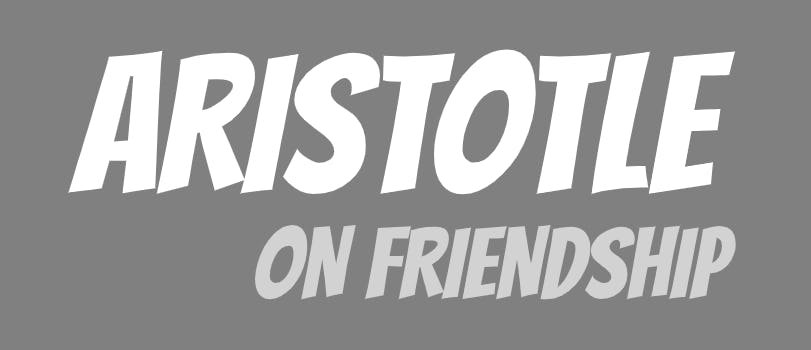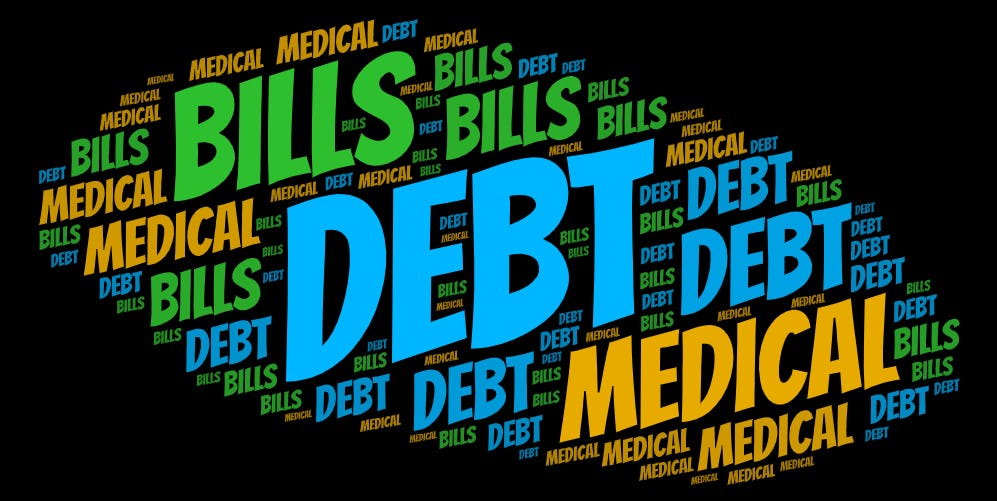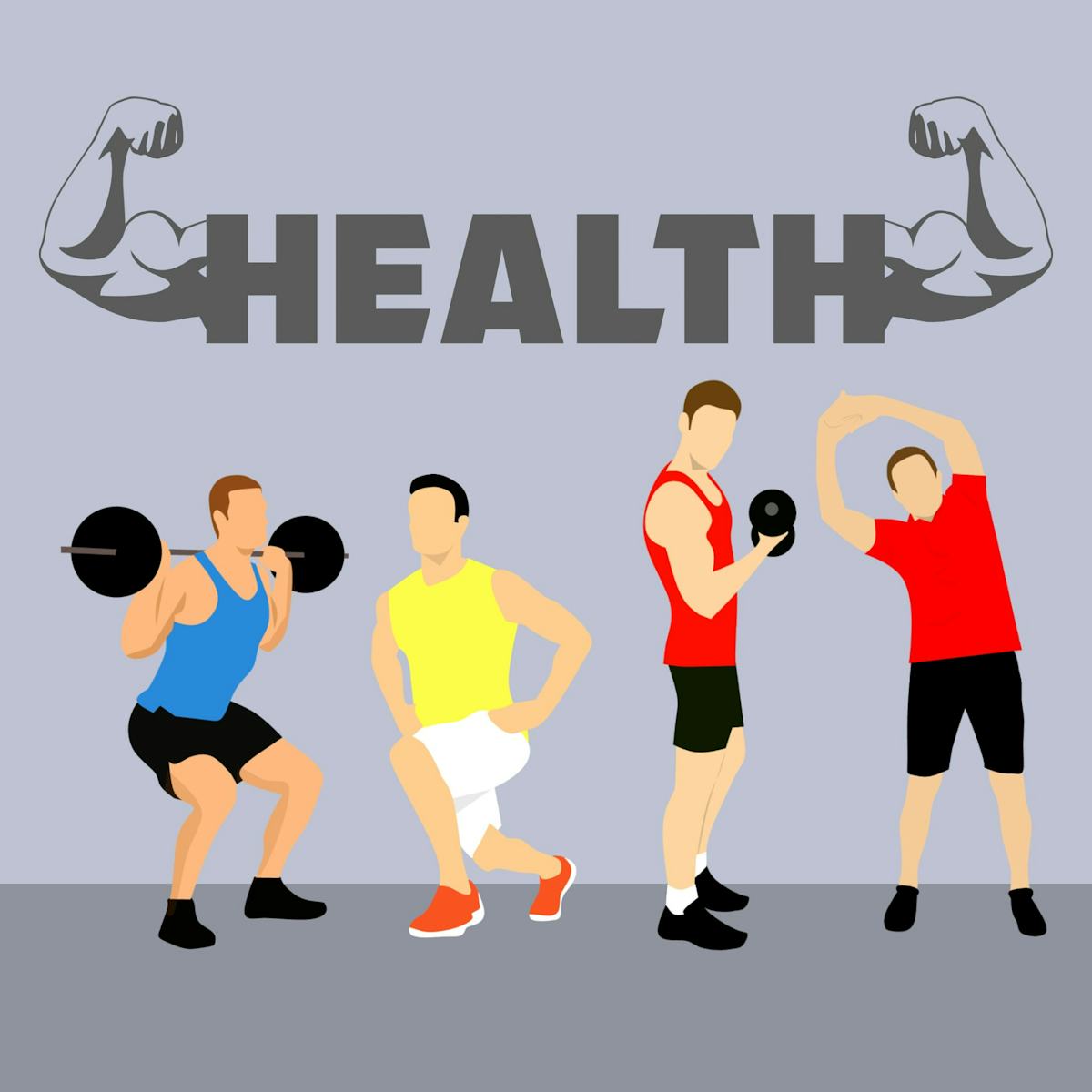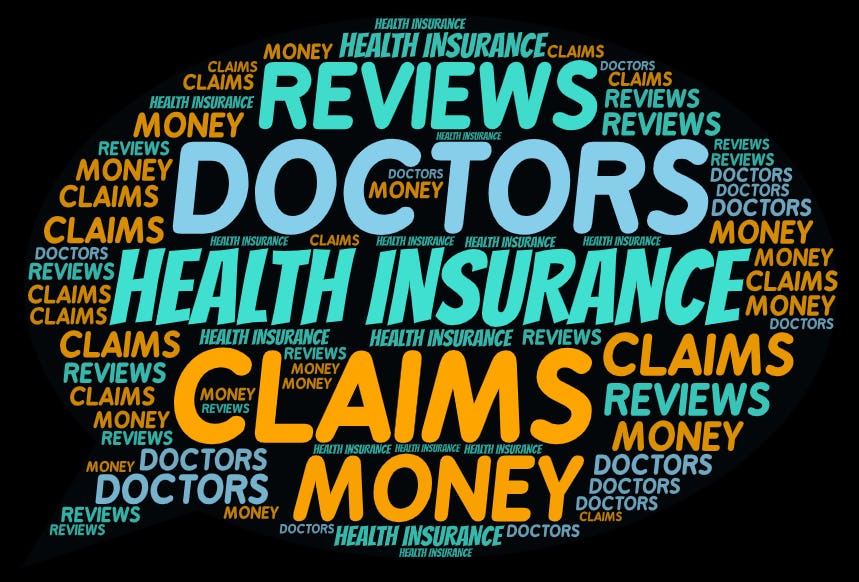"While most love songs are inspired by the joys and heartaches of romantic relationships, love between friends can be just as intense and complicated. Many people struggle to make and maintain friendships, and a falling-out with a close friend can be as painful as a breakup with a partner.".. " More at The Conversation ➜
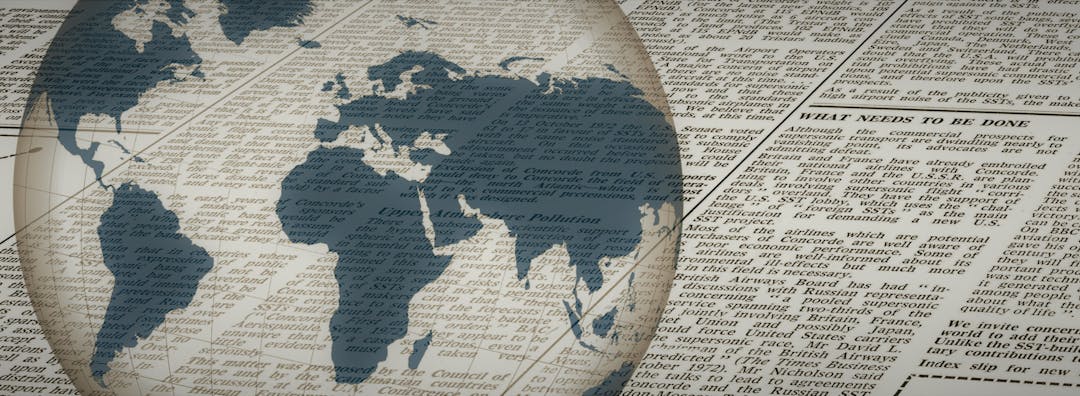
Recent Posts on Kudos 365
"Samples collected from a well that serve more than 40 homes in the idyllic Hannah Heights neighborhood showed some of the highest levels of per- and polyfluoroalkyl substances, or PFAS, recorded in Washington" More at The Seattle Times ➜
The Biden administration on Thursday cautioned Americans about the growing risks of medical credit cards and other loans for medical bills, warning in a new report that high interest rates can deepen patients’ debts and threaten their financial security.
In its report, the Consumer Financial Protection Bureau estimated that people in the U.S. paid $1 billion in deferred interest on medical credit cards and other medical financing in just three years, from 2018 to 2020.
The interest payments can inflate medical bills by almost 25%, the agency found by analyzing financial data that lenders submitted to regulators.
“Lending outfits are designing costly loan products to peddle to patients looking to make ends meet on their medical bills,” said Rohit Chopra, director of CFPB, the federal consumer watchdog. “These new forms of medical debt can create financial ruin for individuals who get sick.”
Nationwide, about 100 million people — including 41% of adults — have some kind of health care debt, KFF Health News found in an investigation conducted with NPR to explore the scale and impact of the nation’s medical debt crisis.
The vast scope of the problem is feeding a multibillion-dollar patient financing business, with private equity and big banks looking to cash in when patients and their families can’t pay for care, KFF Health News and NPR found. In the patient financing industry, profit margins top 29%, according to research firm IBISWorld, or seven times what is considered a solid hospital profit margin.
Millions of patients sign up for credit cards, such as CareCredit offered by Synchrony Bank. These cards are often marketed in the waiting rooms of physicians’ and dentists’ offices to help people with their bills.
The cards typically offer a promotional period during which patients pay no interest, but if patients miss a payment or can’t pay off the loan during the promotional period, they can face interest rates that reach as high as 27%, according to the CFPB.
Patients are also increasingly being routed by hospitals and other providers into loans administered by financing companies such as AccessOne. These loans, which often replace no-interest installment plans that hospitals once commonly offered, can add hundreds or thousands of dollars in interest to the debts patients owe.
A KFF Health News analysis of public records from UNC Health, North Carolina’s public university medical system, found that after AccessOne began administering payment plans for the system’s patients, the share paying interest on their bills jumped from 9% to 46%.
Hospital and finance industry officials insist they take care to educate patients about the risks of taking out loans with interest rates.
But federal regulators have found that many patients remain confused about the terms of the loans. In 2013, the CFPB ordered CareCredit to create a $34.1 million reimbursement fund for consumers the agency said had been victims of “deceptive credit card enrollment tactics.”
The new CFPB report does not recommend new sanctions against lenders. Regulators cautioned, however, that the system still traps many patients in damaging financing arrangements. “Patients appear not to fully understand the terms of the products and sometimes end up with credit they are unable to afford,” the agency said.
The risks are particularly high for lower-income borrowers and those with poor credit.
Regulators found, for example, that about a quarter of people with a low credit score who signed up for a deferred-interest medical loan were unable to pay it off before interest rates jumped. By contrast, just 10% of borrowers with excellent credit failed to avoid the high interest rates.
The CFPB warned that the growth of patient financing products poses yet another risk to low-income patients, saying they should be offered financial assistance with large medical bills but instead are being routed into credit cards or loans that pile interest on top of medical bills they can’t afford.
“Consumer complaints to the CFPB suggest that, rather than benefiting consumers, as claimed by the companies offering these products, these products in fact may cause confusion and hardship,” the report concluded. “Many people would be better off without these products.”
KFF Health News is a national newsroom that produces in-depth journalism about health issues and is one of the core operating programs at KFF—an independent source of health policy research, polling, and journalism. Learn more about KFF.Subscribe to KFF Health News' free Morning Briefing.
AI technology that monitors their flight patterns helps to ensure birds don't fly into turbines and get injure More at Reasons to be Cheerful ➜
The Great Alcohol Health Flip-Flop Isn’t That Hard to Understand—if You Know Who Was Behind It More at Slate Magazine ➜
California farmers are finding a new way to recharge aquifers. They are utilizing Atmospheric Rivers, which are long bands of water vapor that move in the atmosphere, to help get the job done. This method is more efficient, it helps restore ecosystems t and it may be a more sustainable solution. More at Reasons to be Cheerful ➜
"Across the life span -- from infancy to the teen years, midlife and old age -- boys and men are more likely to die than girls and women" Read more
Tom Turcich set out on a seven-year journey to find the meaning of life. He walked around the world, visiting over 60 countries and covering almost 40,000 miles. Along the way, he talked to people about their beliefs, cultures, and values. He found that people's answers to the meaning of life varied greatly, from "finding joy in the everyday" to "serving others". He also learned the importance of connection and breaking down the barriers between people. Despite the hard times and loneliness, Tom found fulfillment and joy on his journey. He made lifelong connections, found appreciation for the world, More at the Guardian ➜
Hangry bacteria in your gut microbiome are linked to chronic disease – feeding them what they need could lead to happier cells and a healthier body || by Christopher Damman :: The Conversation
"Diet-related chronic diseases have reached a critical juncture in the U.S" ,,,. "Research has examined how ultraprocessed foods can contribute to diabetes, cardiovascular disease, cancer and mood disorders. A healthier diet is one way to use food as medicine".......... Read full article.
"Usually banks, like all companies, fail after a prolonged period of lackluster performance. But SVB, the nation’s 16th-largest bank, had been stable and highly profitable just a few months before, having earned about US$1.5 billion in profits in the last quarter of 2022. However, financial history is filled with examples of seemingly stable and profitable banks that unexpectedly failed".... Read more
"When a stubborn pain in Nick van Terheyden’s bones would not subside, his doctor had a hunch what was wrong. Without enough vitamin D in the blood, the body will pull that vital nutrient from the bones. Left untreated, a vitamin D deficiency can lead to osteoporosis. A blood test in the fall of 2021 confirmed the doctor’s diagnosis, and van Terheyden expected his company’s insurance plan, managed by Cigna, to cover the cost of the bloodwork. Instead, Cigna sent van Terheyden a letter explaining that it would not pay for the $350 test because it was not “medically necessary.”. ... Read more at ProPublica








.jpg?fit=crop&w=280&h=280&q=93)




.jpg?fit=crop&w=200&h=200&crop=faces)
